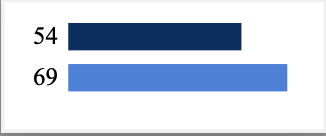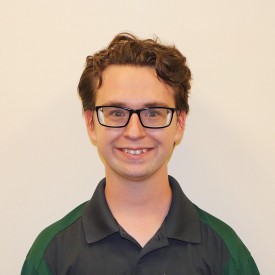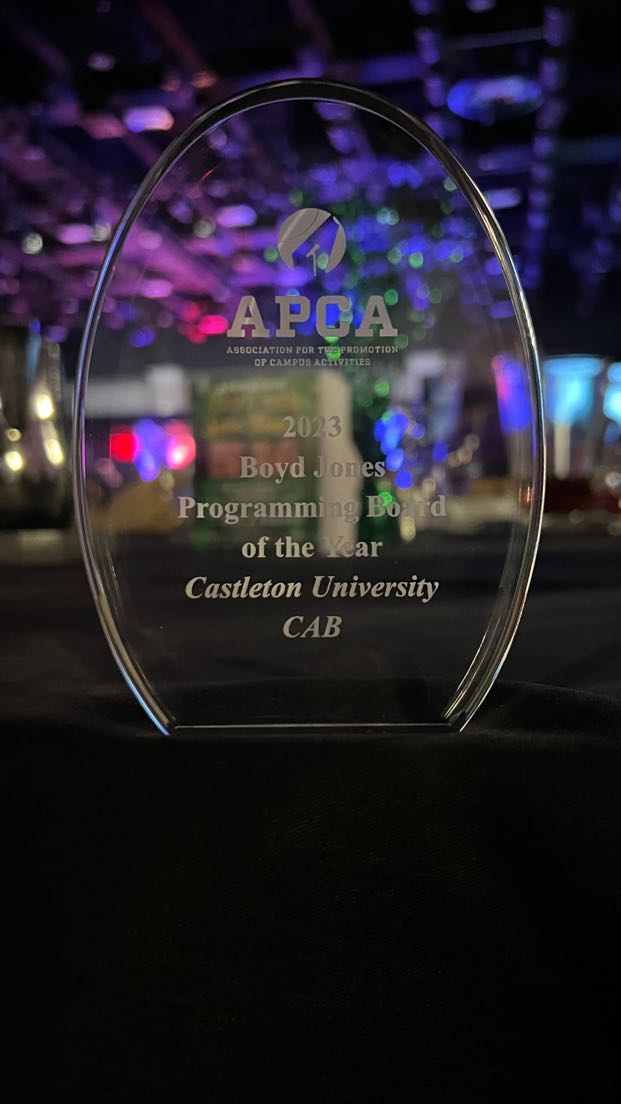Last spring, full-time faculty, as well as part-time faculty who have regular and substantial teaching assignments, were asked to complete the Faculty Survey of Student Engagement (FSSE). (You may remember a long survey that Amanda Richardson prompted you to complete.) This survey accompanied the National Survey of Student Engagement that first-year students and seniors are asked to take.
The FSSE measures faculty practices and perceptions in many areas of teaching and advising. When paired with the NSSE data, it provides an interesting picture of how faculty perceptions compare to student experiences and student perceptions of their education.
We invite you to view the data for yourselves. This is a link to a summary of the 2022 data. You can also find the results from the survey taken in 2019-20, just prior to the pandemic. This is a link to the data folder.
We would also like to convene a “focus group” of faculty and staff who are interested in digging into the data and talking about them. If you would like to join such a one-time group, please respond to this 1-question survey by Monday, September 26, and Chris will be in touch to schedule it. This is the link to the survey to sign up for the meeting.
When you review the data, you will find that, in most cases, faculty perceptions and student-reported experiences differ, sometimes significantly. Areas of agreement and areas of divergence are relatively neutral; they don’t necessarily tell us about success or failure as much as they provide a snapshot of what is happening. The Pathway to Graduation project will use these data and others we are collecting to suggest where to direct our attentions over the next two years.
One data point stands out significantly for me, and I want to bring it to your attention:
Faculty were asked to think about a course for the purposes of the survey and were asked a series of questions about it. They were asked: In your selected course section, how much does the coursework emphasize the following, with this question being about “memorization of course material.” This is a summary of the data:

The bars indicate the percentage of faculty who selected the option indicating that memorization is among the highest priorities in the course (counted by hours of student work expected); the red bar indicates faculty teaching a lower-level course, and the grey represents faculty teaching an upper-level course. In the context of the survey, these numbers read as very low in comparison to other selections in which faculty can, at times, indicate as much as 90-100% selecting a highest category.
Students were asked the same question:

Again, the bars indicate the percentage of students who selected the option for the greatest emphasis on memorization in their courses (again, by hours spent), with the navy bar indicating responses from first-year students and the lighter blue indicating responses from seniors. These aren’t the highest numbers we see in the survey, but the percentage of students who report these perceptions is on the very high side. The relatively higher number of upper-level students who report this is also intriguing.
Again, these data are fairly neutral, but they do suggest a difference of perception about what happens in our courses. For example, they may indicate that the reported perception of what faculty do and what actually happens in a course differs. Or maybe they indicate that student overall perception of what they are being asked to do differs from what actually happens in a course.
To take one example of where this may apply, those of us who specialize in Gen Ed teaching (or who talk with students about what they think of their coursework) often encounter a familiar criticism: students sometimes complain that the knowledge they were asked to learn in some liberal arts course–you name it–has nothing to do with what they are preparing to do through their major coursework. That may indeed be true, if all they experienced in that course were a requirement to memorize knowledge. It may also be true that they were asked to do many other things that depended upon learning knowledge, such as learning skills, attitudes, or dispositions that will complement or even amplify what they are learning in their major.
When thinking about their education, students may default to viewing “education” as “knowledge acquisition”. Understanding this, faculty would be well-advised to make the various kinds of learning in their courses explicit to students, very explicit, early and often.
On a larger level, the Connections Program with its Connections Seminars is intended to also help students to understand what they are supposed to be learning in college and why. They are taught about the goals of the program, but the underlying objective is to help them to perceive and value the various kinds of learning that memorization builds upon, such as application, integration, and evaluation, to select a few of the familiar categories of learning from Bloom’s Taxonomy. The theory is that when we teach students about how they are supposed to be learning we help them to recognize what faculty are asking them to do and why. The Connections Program is in its second year, so we will, eventually, be able to measure how effective it has been based on seeing how students respond to this and other data points.
As we take the Gen Ed vote for the VTSU, It’s just worth seeing how the design of the program is built on an evidence-based foundation supporting student learning in significant ways (and ways that are indeed challenging to enact in the classroom and require some specialization).
Overall, there are many, many interesting nuggets of insight in these data. So, as we say above, we invite you to download the data and have a look for yourselves. And if you would be interested in talking about it with other faculty members (and maybe helping to set priorities for teaching and learning activities), please sign up for the focus group meeting!



